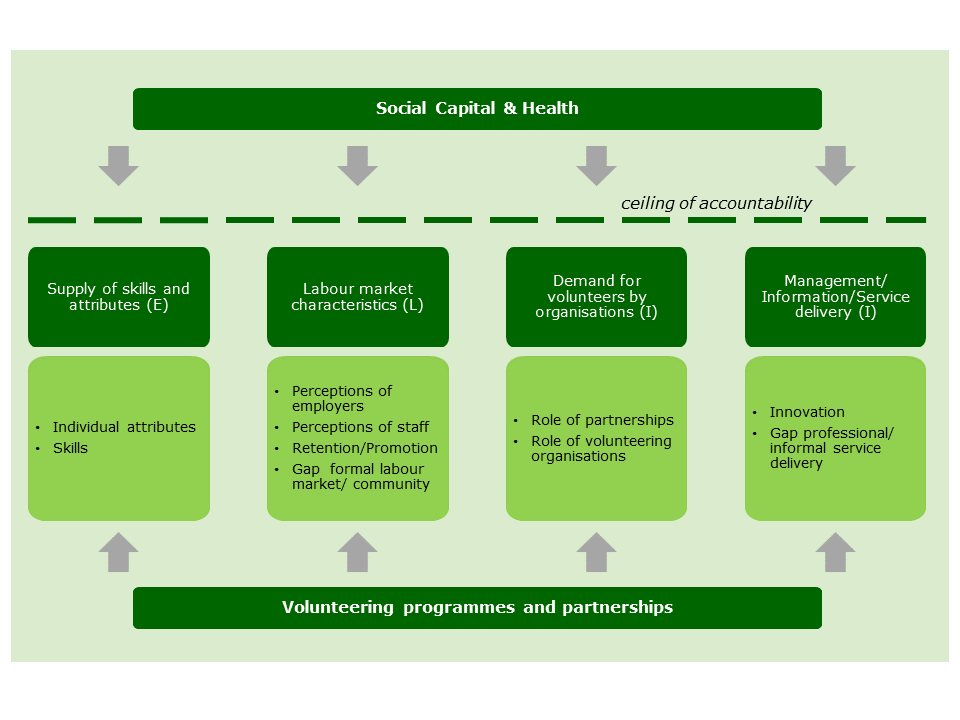Sign up to our newsletter Subscribe
Analysing Global Immunisation Expenditure

Sign up to our newsletter Subscribe


Just released is a collection of essays by Prof Tony Culyer, a founding father of health economics whose life’s work has been to bring clarity to health care decision making. The Humble Economist, published jointly by the University of York…

Just released is a collection of essays by Prof Tony Culyer, a founding father of health economics whose life’s work has been to bring clarity to health care decision making. The Humble Economist, published jointly by the University of York and the Office of Health Economics, is a distillation of Prof Culyer’s most important writings on health, health care and social decision making.
 Prof Tony Culyer
Prof Tony Culyer
Just released is a collection of essays by Prof Tony Culyer, a founding father of health economics whose life’s work has been to bring clarity to health care decision making.
The Humble Economist[1], published jointly by the University of York and the Office of Health Economics, is a distillation of Prof Culyer’s most important writings on health, health care and social decision making. These have been selected and shortened by Prof Culyer and edited by Profs Richard Cookson and Karl Claxton.
The book contains twenty-one essays divided into five themes, as follows.
Social scientists and social science. Culyer’s views on the role of social scientists are explored in this section. The central theme is that social scientists should not use their research to advocate a particular position, but to improve the quality of decisions. To this end, policy analysis should be based soundly on evidence and be explicit about social value judgments.
Extra-welfarism. A concept developed in the health context by Culyer, “extra-welfarism” goes beyond 19th and 20th century notions of “welfarism” as a basis for analysing individual wellbeing. His essays describe how non-welfare information about people’s health can contribute to informed decisions about health care.
Ethics, need and equity. Need and equity are complex ethical concepts that may mean different things to different people at different times. In the essays in this section, Culyer clearly describes the different ways that each concept can be applied in health care decision making, carefully teasing out the potential conflicts between different definitions.
Health policy. Culyer’s approach to health policy is to clarify objectives, then evaluate means for achieving them. The essays in this section illustrate this approach as applied to the NHS, delving into objectives and then assessing the appropriate role of market mechanisms in achieving those objectives.
Health technology assessment. This section presents essays illustrating Culyer’s three main intellectual contributions to health technology assessment: developing indicators of health that cross diseases, thinking that ultimately produced the QALY; clarifying the interplay between social value judgments and cost effectiveness; and developing deliberative evidence-informed processes for making decisions about controversial issues at the interface of science and social values.
Prof Culyer’s connection with the OHE has been long and invaluable. He has given generously of his time and talent as chairman of both the Editorial Board, which oversees OHE’s publications programme, and the Policy Board, which sets the general substantive direction of OHE’s research programme.
Praise for The Humble Economist
An error has occurred, please try again later.
This website uses cookies so that we can provide you with the best user experience possible. Cookie information is stored in your browser and performs functions such as recognising you when you return to our website and helping our team to understand which sections of the website you find most interesting and useful.
Strictly Necessary Cookie should be enabled at all times so that we can save your preferences for cookie settings.
If you disable this cookie, we will not be able to save your preferences. This means that every time you visit this website you will need to enable or disable cookies again.
This website uses Google Analytics to collect anonymous information such as the number of visitors to the site, and the most popular pages.
Keeping this cookie enabled helps us to improve our website.
Please enable Strictly Necessary Cookies first so that we can save your preferences!
